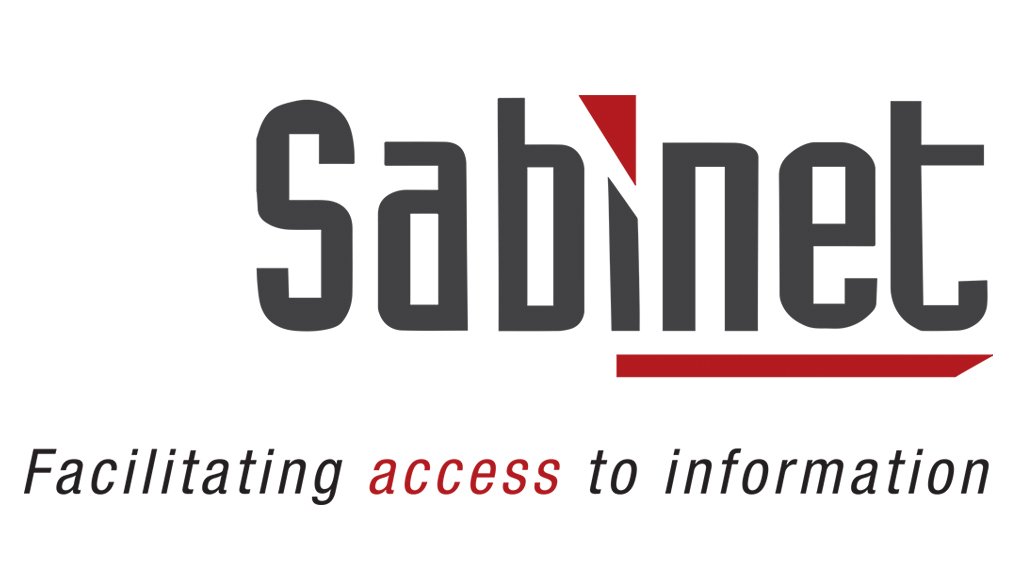Peer review is the foundation of scholarly integrity. It safeguards the accuracy, credibility, and transparency of academic publishing. Yet in 2025, peer review is under increasing pressure: growing submission volumes, tighter timelines, and the ethical complexities introduced by artificial intelligence (AI) are reshaping how knowledge is evaluated.
Running from 15–19 September 2025, this year’s Peer Review Week theme—“Rethinking Peer Review in the AI Era”—calls on publishers to explore how AI can strengthen, rather than compromise, the review process.
At Sabinet, we believe the future of peer review depends on combining human insight with intelligent technology, all within an environment that prioritises security, flexibility, and trust. This is achieved while we strive to ensure that our online publishing solution meets the needs of academic communities across the continent.
AI as a partner in peer review
AI is no longer an optional extra; it’s a critical tool for ensuring peer review keeps pace with global scholarship. Modern peer review systems can now:
- Match reviewers with manuscripts based on expertise, history, and responsiveness.
- Detect plagiarism and data anomalies before publication.
- Balance reviewer workloads to prevent fatigue and delays.
- Surface ethical red flags early in the editorial process.
These capabilities free up editors and reviewers to focus on what they can provide best: nuanced, thoughtful, and constructive assessment.
How Sabinet supports publishers in the AI era
Sabinet offers the Kriyadocs’ peer review solution, which creates a ring-fenced, configurable publishing environment where AI-driven efficiency works hand-in-hand with editorial control,” explains Sabinet Head of Product Sanet Vos. “The solution empowers South African publishers to unlock the full potential of sustainable online publishing.”
Key features include:
- Flexible workflows – open, single, or double-blind peer review, tailored to each publisher’s policies.
- Real-time tracking and insights – editors see manuscript progress and reviewer metrics at a glance.
- Streamlined communication – structured templates and centralised messaging reduce email backlogs.
- Data security and compliance – protect spaces where sensitive content and identities are safeguarded.
Sabinet combines these elements to help South African and African publishers to rethink peer review. It is not only faster and smarter but more transparent and ethical and resilient. “Sabinet’s offering of peer review systems are agile and well-positioned to lead this conversation, supporting configurable workflows, reviewer assignment based on expertise, and seamless communication—all of which can be enhanced with AI,” adds Vos.
A commitment to African and global publishing
For publishers across South Africa and the continent, accessible and scalable peer review tools are essential. Our online publishing solution is designed to support you, as a South African and African publisher in competing globally, without sacrificing affordability or editorial independence.
As we celebrate Peer Review Week 2025, Sabinet invites editors, reviewers, and researchers to reflect on what peer review could—and should—look like in the AI era. We can embrace technology responsibly while preserving the human judgement at the heart of scholarly publishing.
Explore how Sabinet’s peer review environment can transform your publishing workflow today. Contact us for more information.
EMAIL THIS ARTICLE SAVE THIS ARTICLE ARTICLE ENQUIRY FEEDBACK
To subscribe email subscriptions@creamermedia.co.za or click here
To advertise email advertising@creamermedia.co.za or click here











